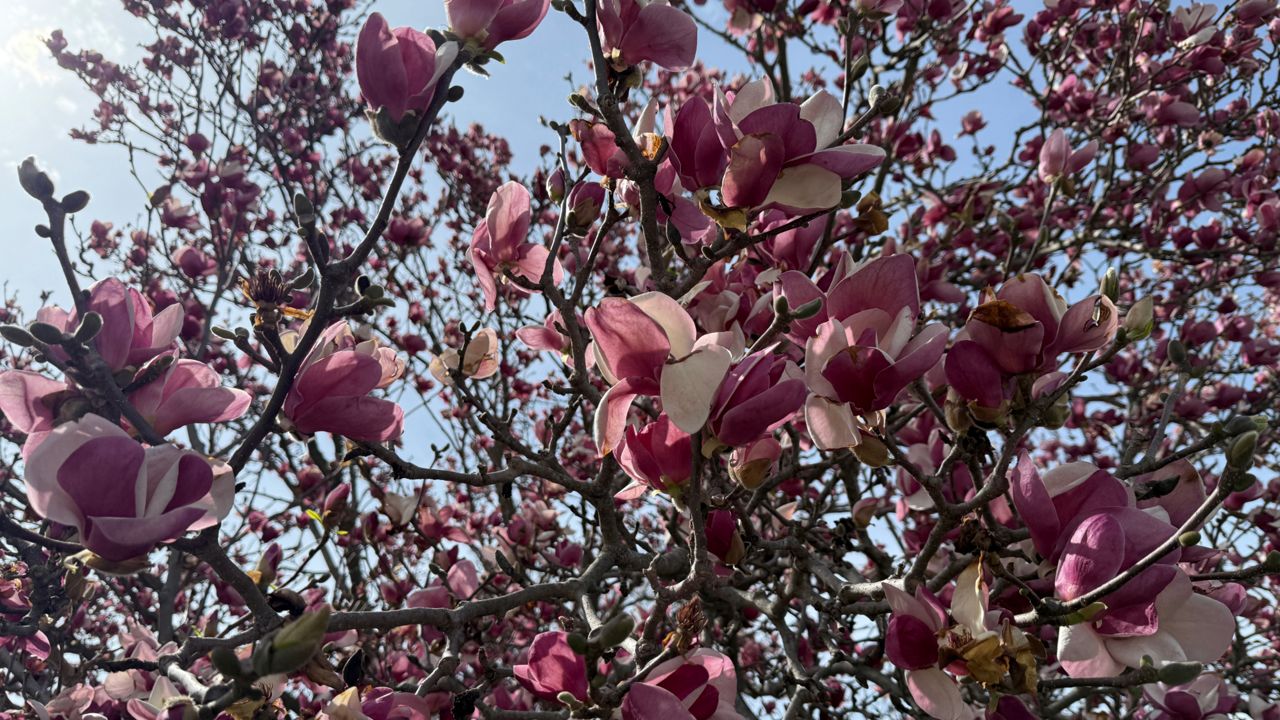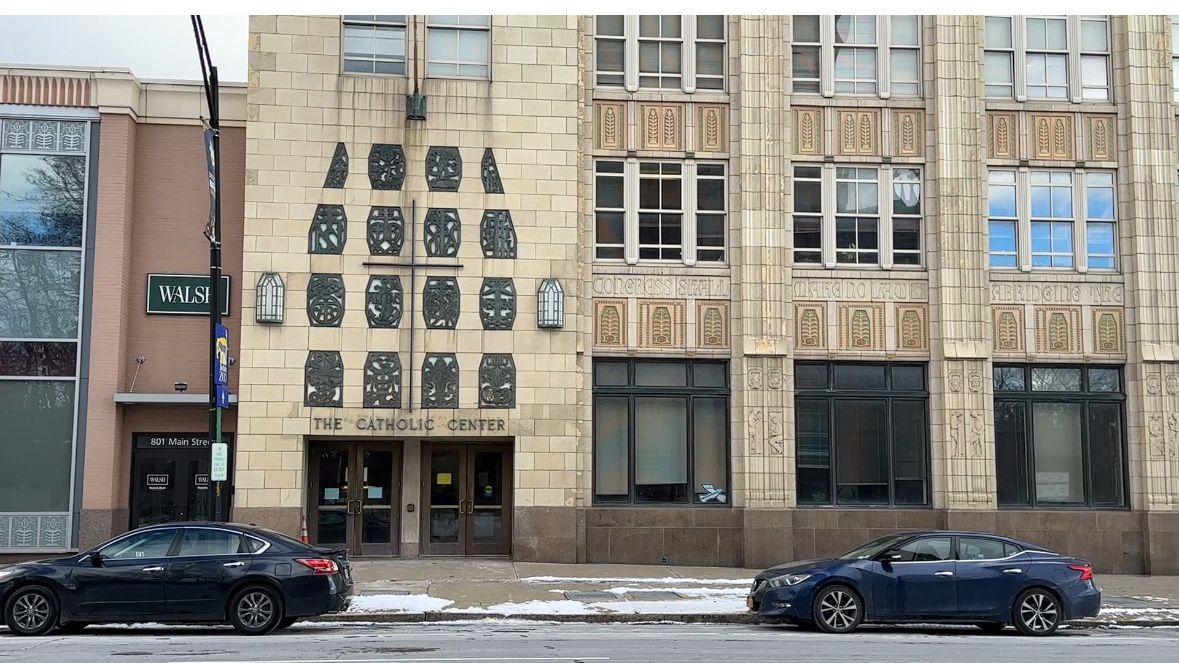As Western New Yorkers continue to receive the COVID-19 vaccine, local health officials are advising those who recently contracted the virus that they may want to wait a bit before getting their first dose.
"Natural immunity really is when you get the disease itself and your body develops that response to really protect itself against future infections," said Dr. Joseph Chow, president of Western New York Immediate Care.
If you've contracted COVID-19, there is a possibility you've developed a form of natural immunity.
"If an individual gets infected with the new coronavirus, for most individuals this will afford a significant degree of protection from getting re-infected for at least three months and most likely up to six months," said Dr. Thomas Russo, chief of infectious diseases at UB Jacobs School of Medicine & Biomedical Sciences.
This is important, considering Erie County is rescheduling vaccine appointments it had to cancel because of a lack of supply. During Tuesday's COVID-19 press conference, Health Commissioner Dr. Gale Burstein reminded the public that those who have recently tested positive for the virus will have this immunity for at least 90 days and should hold off on getting the vaccine for now.
"We know you have your own natural protection from a new COVID-19 infection to step aside and let other people who don't have any protection get vaccinated and hopefully then in the next couple of months, we'll have more vaccine supply in the marketplace, we'll be able to get to you," said Dr. Burstein.
In other words, if you had the virus in the last couple months, you should wait at least 90 days before you consider getting your first dose. When it comes to natural immunity, doctors tell Spectrum News there are still some questions surrounding it.
"It's important to note that this degree of protection is variable, it's likely not as strong if you were asymptomatically infected or minimally symptomatic and the level of protection that you receive from vaccination will likely be much, much higher," Dr. Russo said.
"We presume that you have antibodies and that you have some protection but the important thing is even if the likelihood is you getting COVID is less, one thing that we don't know is if you can still pass the virus to other people," Dr. Chow said.
Dr. Chow added that since we're still learning about the virus, getting immunized or having natural immunity doesn't give anyone a free pass.
"The measures that made us improve, got us to where we were in the summer should still really continue and that's again wearing a mask, staying apart from everybody, wash your hands frequently, staying in small crowds," he said.










